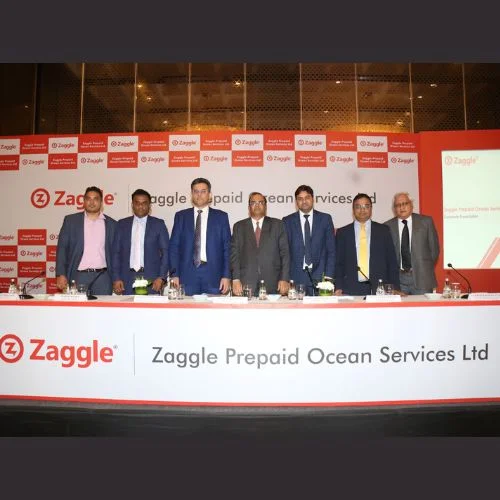Due to its “high level of transparency,” ESG rates AGEL in the “Prime” B+ band. According to Institutional Shareholder Services ESG on Thursday, Gautam Adani-led Adani Green Energy Limited (AGEL) is among the top 10 RE businesses globally for ESG performance and topped the list of Asian companies in the sector.
Adani Green Energy’s strong ESG disclosure practices and high level of openness have earned company a spot in the ‘Prime’ (B+) category. Adani Green Energy was previously listed by Sustainalytics as one of the top 10 businesses in the world for renewable energy in FY23.
According to a corporate release, Adani Green Energy is now closer to realizing its goal of being recognized as one of the top 10 ESG firms in the world by FY25 in the electric utility sector.
With 8,216 MW, the Adani Group firm has India’s largest operating renewable portfolio. By aiding in the battle against climate change and facilitating the switch to a more sustainable energy system, its actions clearly help the environment. Dedicated management systems are used to handle pertinent social and environmental issues.
“At AGEL, there are four pillars to the ESG framework – guiding principles, policies, commitment and assurance – helping the company align with UN Global Compact, UN Sustainable Goals, India Business and Biodiversity Initiatives, Green Bond Principles, and IFC’s E&S Performance,” said Vneet S. Jaain, MD, Adani Green Energy.
“Our policies are in line with these standards, and ESG goals have been established with these standards in mind. By FY25, we want to rank among the top 10 global corporations in the electric utility industry according to ESG benchmarking, Jaain continued.
The price of Adani Green Energy’s shares was Rs 975.40 at 1 PM, up 1.90%.
“Our business model has demonstrated remarkable resilience as evidenced by our strong financial performance,” said Gautam Adani, Chairman, of Adani Group, after the Q4 results. “We are leaders in the green energy space and have consistently set new industry standards in efficiency, performance and capacity development. We are expediting the transition to sustainable energy and playing a pivotal role in fulfilling India’s obligations to a greener future.”
The Adani Group company announced a four-fold increase in profit for the March quarter in May. The Gautam Adani-led business said that its quarterly consolidated profit increased by 319% to Rs 507 crore, driven by a sharp increase in revenues. In the same quarter, it posted a combined net profit of Rs. 121 crore.
The Adani group company said that overall revenue increased 88% to Rs 2,988 crore from Rs 1,587 crore in the same quarter previous year. Adani Green Energy stated this while presenting its quarterly and yearly results. “The robust growth in revenues, Ebitda, and cash profit was primarily driven by capacity addition of 2,676 MW,” it added.
In the same month, Adani Green Energy provided a business update and said that its sales of solar energy increased by 6% in the March quarter, supported by 212 MW installed in Rajasthan during FY23 and a 40 bps rise in capacity utilisation factor (CUF).
According to the report, increased CUF performance was supported by improvements in plant availability of 10 bps, grid availability of 40 bps, and sun irradiation.
Due to a capacity expansion from 497 MW to 971 MW, the company’s sales of wind energy increased by 69%. CUF decreased as a result of slower wind. Plant availability was reduced mostly because of preventative maintenance-related proactive shutdowns that allowed for uninterrupted operation during the high wind season.















